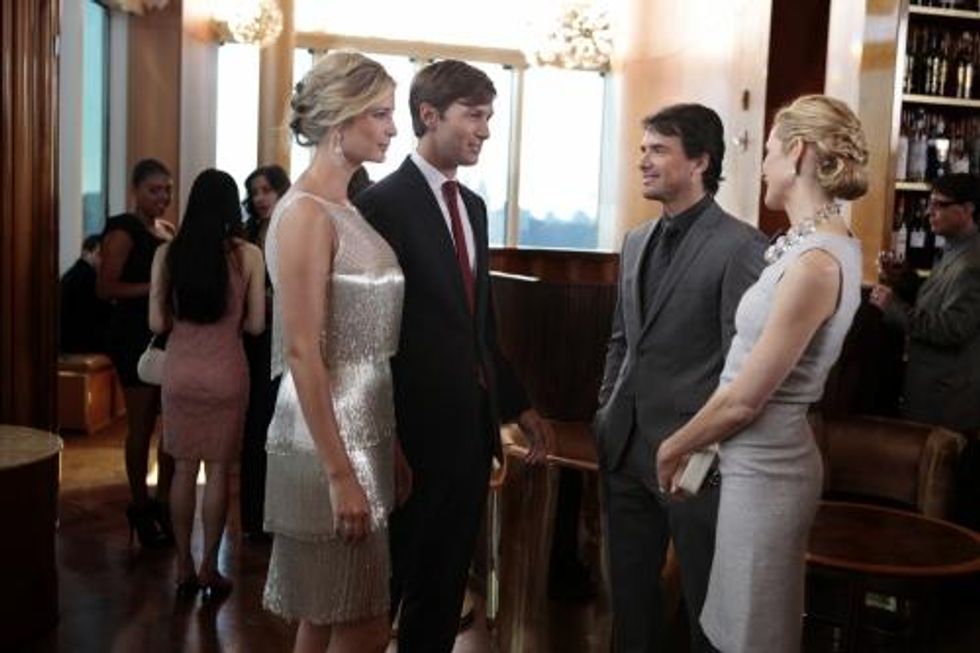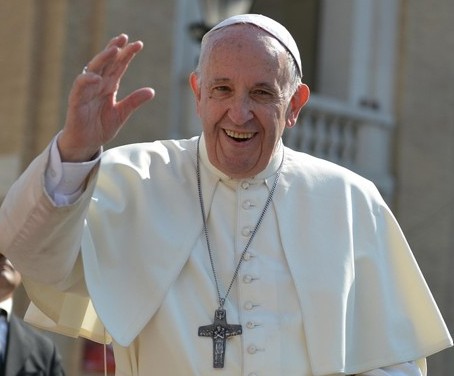
The question: Why?
Attention Upper Eastsiders, as they say, the Gossip Girl reboot airs its first episode on July 8th, and photos of the new “it” group of NYC have been plastered on billboards for weeks, watching over the city with judgment for weeks.
The trailer dropped on June 10th and anticipation is ramping up for the new series. The original iteration was based on the bestselling novels by Cecily von Ziegesar and captured audience attention from 2007 to 2012 with its gripping tales of the glamorous, dramatic lives of New York’s Upper East Side teens. Starring Blake Lively, Leighton Meester, Penn Badgley, Chace Crawford, and Ed Westwick, the cultish teen drama has earned itself a place in the cultural canon that obviously, almost a decade later, begged a reboot.
Gossip Girl | Official Trailer | HBO Maxwww.youtube.com
The new series is a sequel to the original, with the original creators still at the helm and the concepts updated for the social media age. The original story followed as the anonymous “Gossip Girl” revealed everyone’s secrets on a blog, but this time the anonymous tea-spiller will naturally be airing everyone’s dirty laundry on social media.
Targeted at the Gen Z audience as well as loyalists of the original spectacle of millennial indulgence, diversity is a priority for the 2021 series. While some laud this as progress, the premise of the show brings into question how “representative” the series can be.
Many nostalgic reboots, remakes, and reunions are facing this question — especially as HBO Max churns out their money-making throwbacks.
The Sex and the City reboot is coming soon to the streaming service, but who knows if the show can live up to its luster in 2021. With so many years passed and Samantha missing, they will be hard pressed to recapture the original magic of the series. And when rewatches reveal how episodes could often be racist, transphobic, and offensive in an array of ways, the show seems as fundamentally outdated as some of its outfits.
The Friends Reunion special also gleaned similar feedback. Why did we need it? Why did anyone want it? And why were there never any Black people on that show? From its whitewashed version of New York and the studio controversy between Friends and Living Single, even this most beloved of sitcoms might have already seen its brightest day.
And yet, the remakes keep coming.
Perhaps this is a latent symptom of the coronavirus pandemic: an endless stream of reworks from gunshot networks doing anything to guarantee a steady cash flow.
As we design ourselves to this reiterative reality, there is some comfort in revisiting the original versions of all these reboots to transport ourselves to a simpler time (which may have been more … oppressive, but was less rife with blatant pandering) and plunge us into a sedative, nostalgic haze by way of the archaic aesthetics and pre-social media interactions.
Oh the good old days, when HBO convinced so many to wear headbands while making suburban teenagers believe that the Upper East Side was the pinnacle of New York City and a place any young person actually wanted to live.
However, there are always moments in even our favorite shows that upon rewatch just hold up.
While the premise of Gossip Girl fundamentally glorifies the rich and glamorizes some of the shameless immorality that holds up our current class structure, the addictive storylines could sometimes be enough to make us put down the Communist Manifesto and get lost in the over the top teen drama.
But sometimes reality hits — like in the episode “Easy J” when Jared Kushner and Ivanka Trump make a cameo.
Here’s Ivanka Trump and Jared Kushner’s ‘Gossip Girl’ cameo from 2010youtu.be
Suddenly, and as inexplicably as any cameo from the Trump family, their appearance assaults the screen, jolting us out of the fiction and into reality.
The scene is inconsequential but indicative of the value systems of the show: the moralization of people with money. “They are socialites in New York and they do fit the world of Gossip Girl,” Executive Producer Joshua Safran told Vulture in 2017. “I’m sure Lily van der Woodsen knows Trump and would have been on the board of charities with him or Melania. That’s the world of Gossip Girl, so to deny it would be wrong.”
While the Trump name hits different post 2016, Trump was notoriously immoral and a known asshole long before the Gossip Girl era. And long before we were all subjected to the cursed pair on an almost daily basis during the Trump presidency, there was no reason for the appearance of Ivanka and Jared, except to allude to their money and status,and affirm the trappings of a privileged life.
Making celebrities of the extremely wealthy is obviously not unique to Gossip Girl, but that jarring scene is a reminder of how embedded the values of capitalism are in even our guilty pleasure, mindless entertainment.
Proximity to celebrity, money, and status is alluring for a reason: It motivates people to give themselves over to capitalism in hopes of getting closer and closer. Jared and Ivanka symbolized the pinnacle of those values, and the show was asserting its own proximity with the cameo — riding the clout of association.
“I never miss an episode of Gossip Girl,” Ivanka said in an interview with InStyle. “I think I’m a cross between Blair Waldorf (played by Leighton Meester) and Lily van der Woodsen (Kelly Rutherford) when it comes to the style. I like the uptown city style and a clean-cut, streamlined silhouette.” And no doubt, the co-sign from an actual member of the rich and famous was gold to the Gossip Girl producers.
Trump’s presidency was a telling example of how the glamor of power and money is often aligned to even more insidious, oppressive structures. Yet, even now, we often ignore the apathy and transgressions of celebrities and wealthy people, instead, holding them up as some kind of signifier of the “dream life,” the one we are taught to want, the one which is endlessly glamorized in movies and TV.
While it can be tempting to close our eyes to our values and just numb our brains with HBO, the messages about status and value we get from TV reflect the values of popular culture. And if networks are expecting us to be impressed by flashing the Trumps at us, they have got us twisted — but it wasn’t as appalling as it is now.
But the characters in Gossip Girl flaunt their wealth and that’s part of their charm. The era was also the peak of millennial girlboss culture, which had now been branded “cheugy,” when people were invested in narratives of money from an aspirational standpoint — how can I bootstraps my way into this life?
And Gossip Girl was the perfect vision board.
Yes, there was more to the show than just the spectacle of money, but it’s hard to ignore the real life evils of the people the show seems to represent.
Since the new series cast includes outspoken activists like Tavi Gevinson and Jordan Alexander, we’ll be watching in hopes that their influence on the show makes it address the inherent oppression in the lives of private school, Upper East Side teens — no matter how gorgeous they are, or how interesting and enviable their lives.
- America’s Worst Couple: Sean Hannity and Ainsley Earhardt – Popdust ›
- We’ve Already Reached Peak White Feminism in 2021 – Popdust ›
- 5 Best New Movies and TV to Stream July 2021 – Popdust ›
- I Wish Chace Crawford Was in the “Gossip Girl” Reboot – Popdust ›















